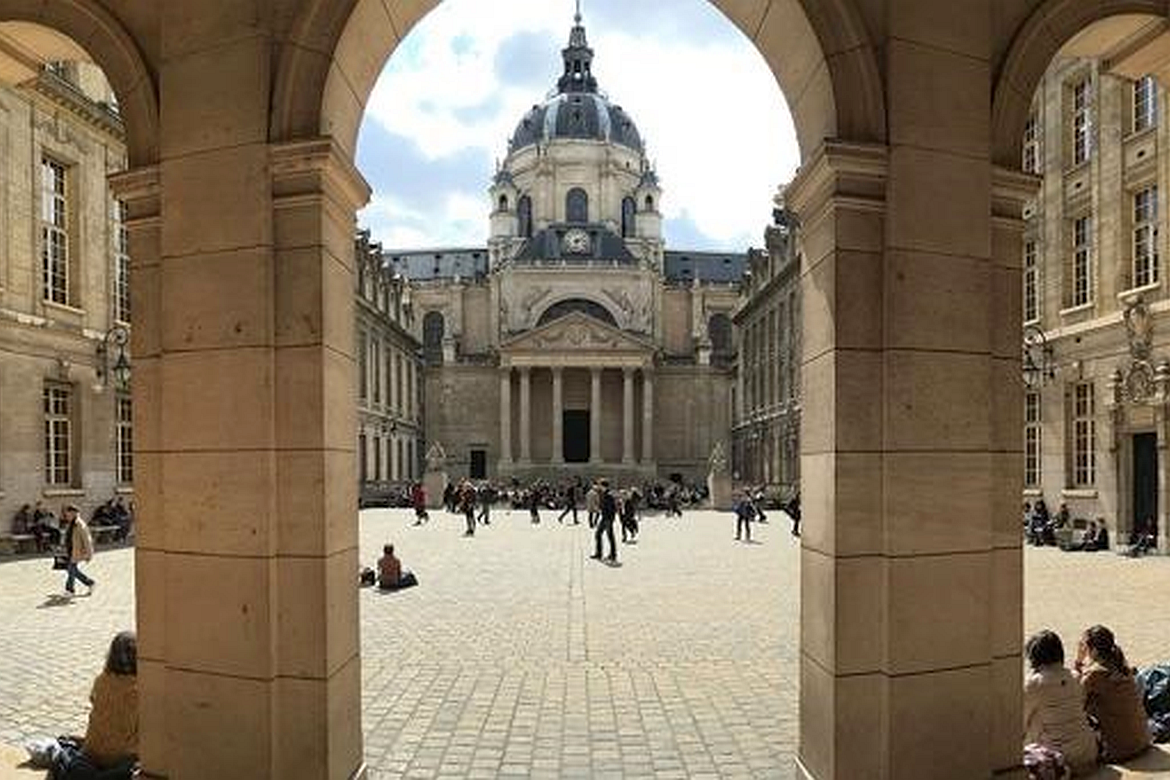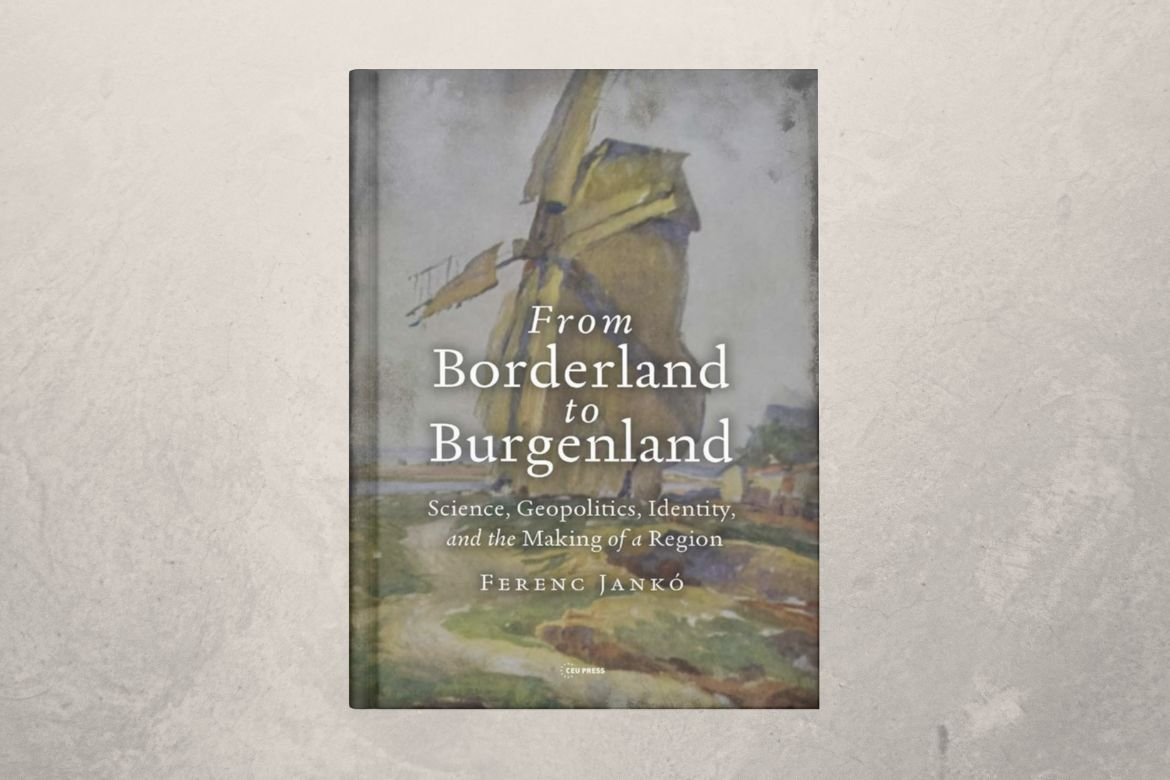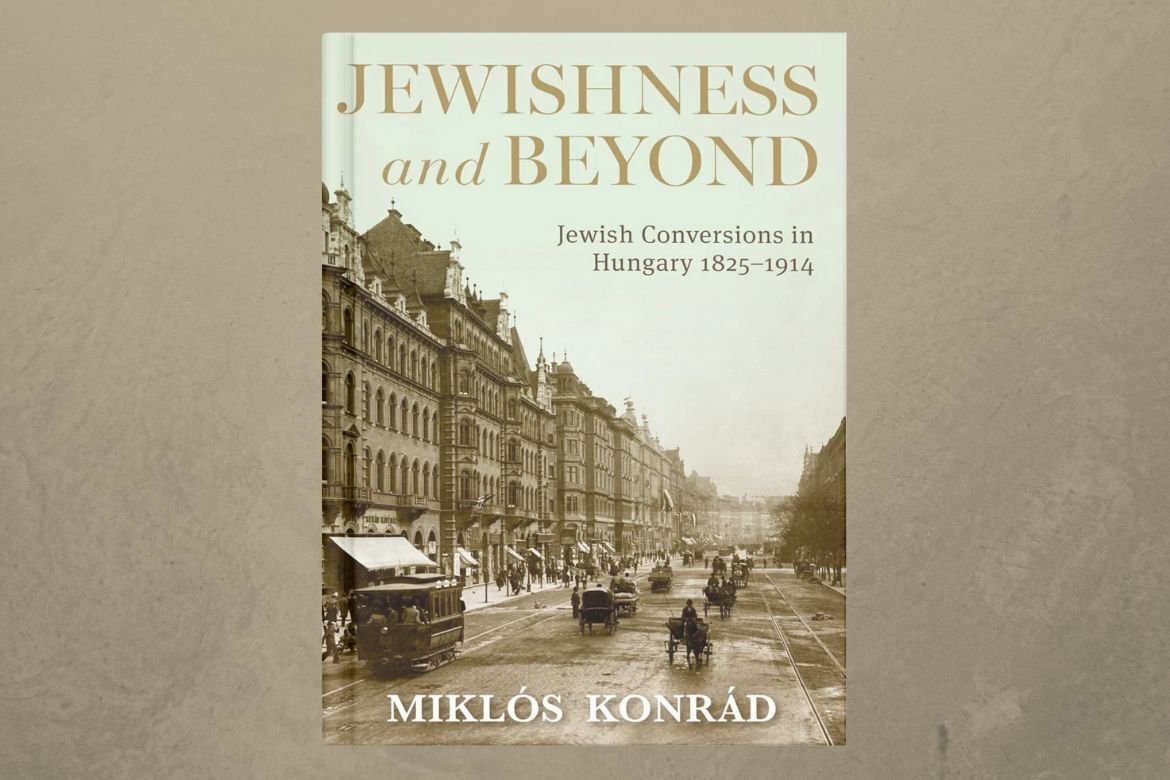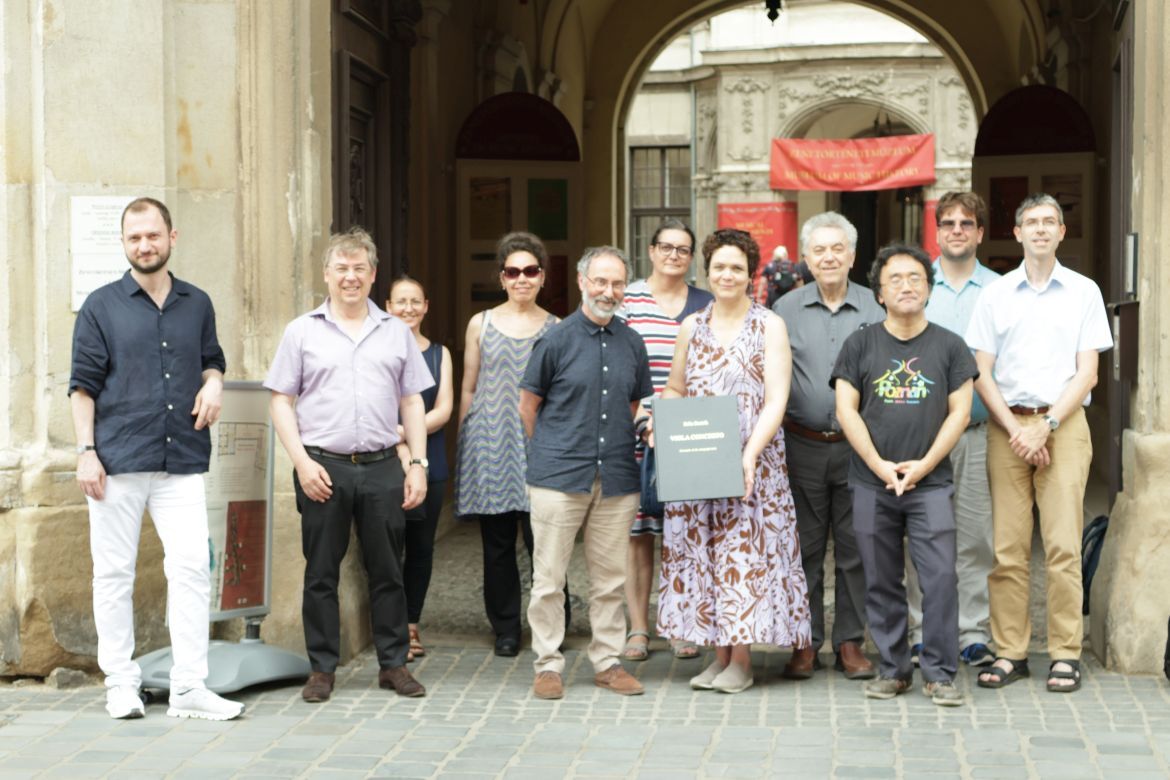
The 10th Congress of the European Society of Comparative Literature Le jeu: Gambling, Gaming and Play in Literature was held at the Sorbonne University in Paris from 2 to 6 September 2024. One of the plenary lectures was given by Sándor Hites, Senior Research Fellow at the Institute of Literary Studies of the HUN-REN RCH.

The book From Borderland to Burgenland. Science, Geopolitics, Identity, and the Making of a Region by Ferenc Jankó, geographer and member of the Ten Generations Research Group was published by CEU Press.

The monograph Jewishness and Beyond. Jewish Conversions in Hungary 1825-1914 by Miklós Konrád, Senior Research Fellow of the Institute of History of the Research Centre for the Humanities, has been published by Indiana University Press.

The Bartók Archive of the Institute for Musicology of the HUN-REN RCH, in cooperation with G. Henle Verlag and Editio Musica Budapest, organised an international conference in English on 22 July 2024 on Béla Bartók's fragmentary Viola Concerto.
Page 6 of 23